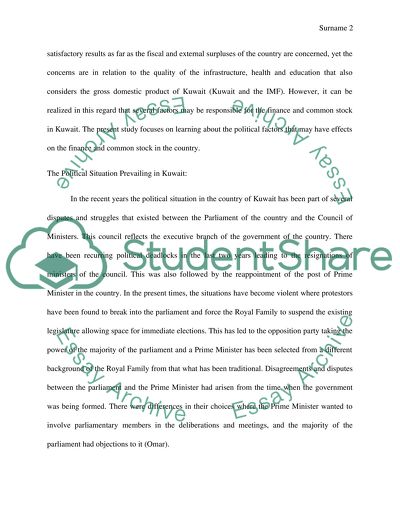Cite this document
(“Effect of Political Issues on the Finance and Common Stock in Kuwait Research Paper”, n.d.)
Retrieved from https://studentshare.org/finance-accounting/1403359-haw-can-political-issues-effect-the-finance-and
Retrieved from https://studentshare.org/finance-accounting/1403359-haw-can-political-issues-effect-the-finance-and
(Effect of Political Issues on the Finance and Common Stock in Kuwait Research Paper)
https://studentshare.org/finance-accounting/1403359-haw-can-political-issues-effect-the-finance-and.
https://studentshare.org/finance-accounting/1403359-haw-can-political-issues-effect-the-finance-and.
“Effect of Political Issues on the Finance and Common Stock in Kuwait Research Paper”, n.d. https://studentshare.org/finance-accounting/1403359-haw-can-political-issues-effect-the-finance-and.


